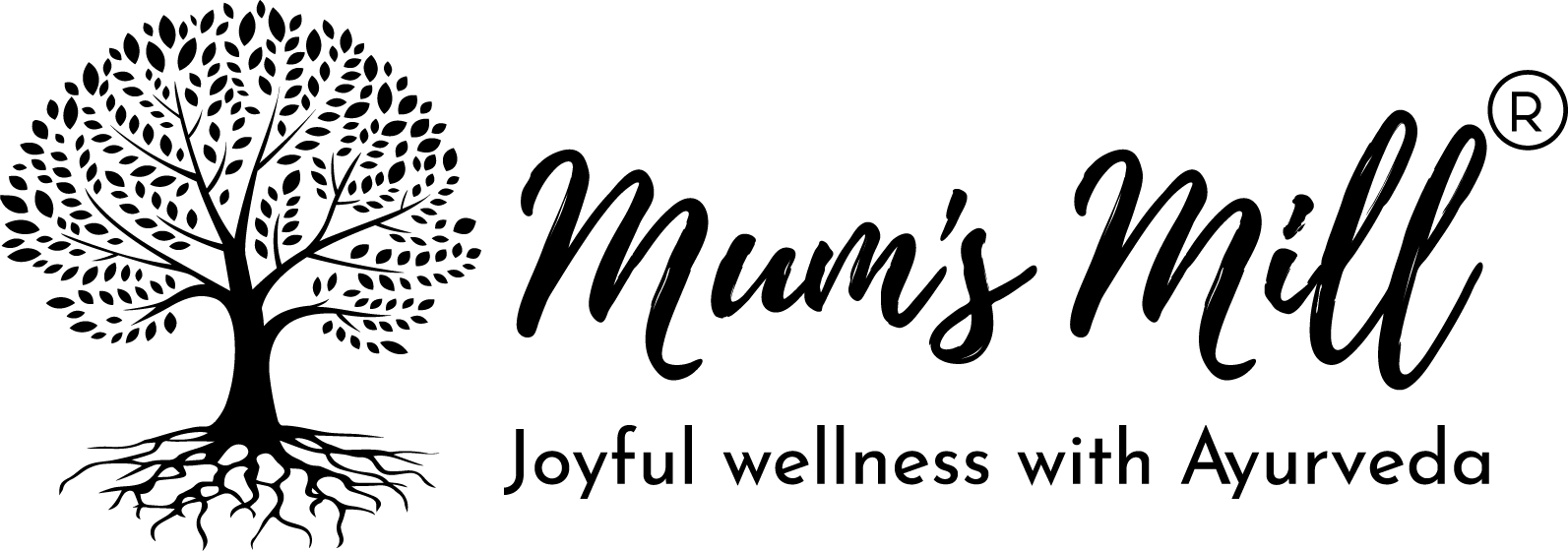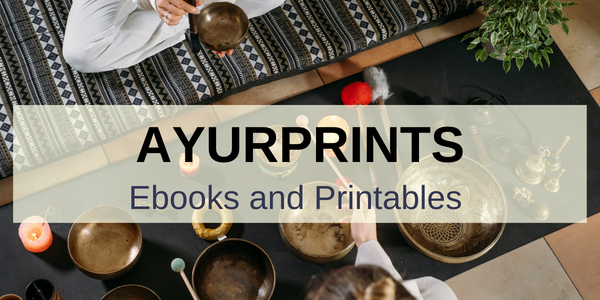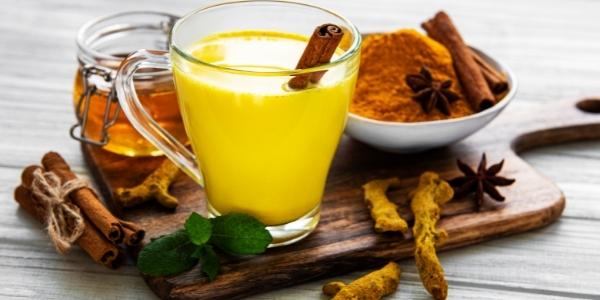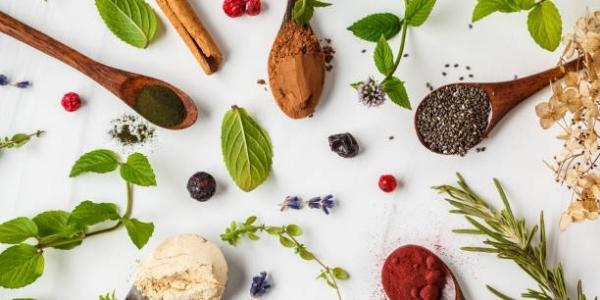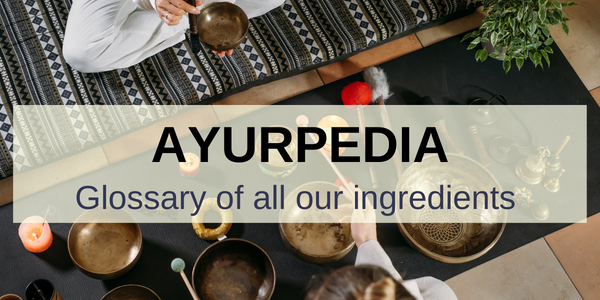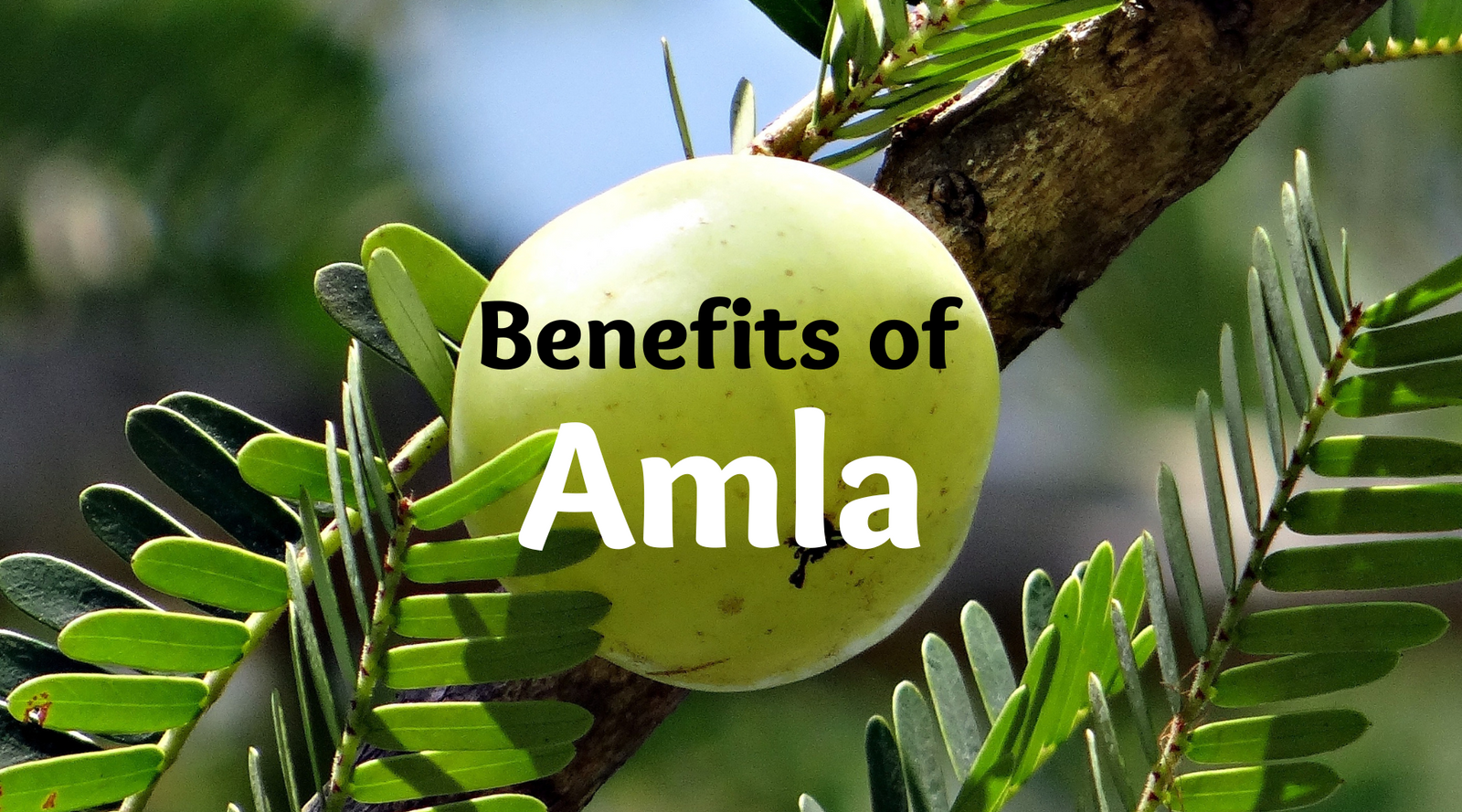
A diet of cooling, sweet, mild, dry, and carb-heavy fresh meals balances Pitta (both cooked and raw). With such a diet, the digestive fire is balanced, the body is grounded, and excess fluids and oils are absorbed. Because pitta is such a strong dosha, it is crucial to consume a Pitta balancing diet. Here are some recommendations for a pitta-balancing diet.
- Ideally, eating meals that balance pitta's qualities—dry, gentle, cooling, grounding, stabilizing, and rich foods—can help balance excess pitta.
- Adding cold foods and spices to your diet will help you stay cool. Because most herbs are warming, focus on those that balance pitta, like vetiver.
- Excess pitta can generate increased and even insatiable hunger, making it crucial to avoid overeating. In this case, especially processed foods, such as canned foods, prepared meals, and pastries, lack prana (vital life force energy) and should be avoided.
- Instead, go for raw salads. The natural cooling properties of raw foods make them ideal for pitta digestion. Also, the strong pitta digestion tolerates them better than the other doshas.
- Foods like beans, potatoes, oats, pasta, popcorn, and most vegetables are ideal. Use only a little good oil or ghee when cooking.
- Hard cheese, olives, almonds, and sour cream should be consumed as little as possible.
- Instead of pineapple, pickles, vinegar, and aged sharp cheese, use apples, cucumbers, lime juice, and soft cheeses.
- Coffee, cigarettes, and hard alcohol are all too sharp and piercing for pitta. However, an occasional beer or white wine is ok.
- The sweet taste is anti-inflammatory, soothing, and satiating. It soothes, nourishes, and strengthens the skin and hair, and is generally peaceful, nourishing, and gratifying. This is the best flavor for pitta balance. However, go for natural sweetness over refined sugar or syrupy sweet dishes.
- Bitter greens like Dandelions and collard greens and pitta-calming spices like cumin, neem leaves, saffron, and turmeric are great for pitta balance. Taste perception is improved by bitters. In addition, they help absorb moisture, perspiration, and excess pitta.
- The astringent taste dries the mouth and helps to balance the liquid property of pitta. Astringent fruits, vegetables, grains, baked goods, and spices include apples, pomegranate, broccoli, cauliflower, lettuce, popcorn, etc.
- The astringent flavor helps by compressing and absorbing the pitta dosha. It also helps to prevent bleeding problems and diarrhea.
- Chilies, radishes, turnips, raw onions, and many spices with a hot sharp taste and disturb pitta. Excessive consumption of hot spices may cause excessive thirst, burning, bleeding, disorientation, and inflammation.
- Hence, refrain from excessive consumption of sour foods such as vinegar, soya sauce, and fermented meals.
- Unhealthy sour taste can induce a burning sensation in the throat, chest, and heart. It can also increase thirst, disrupt the bloodstream, and trigger muscle pain.
- However, a squeeze of lime juice as a garnish is the greatest method to add healthy natural sourness to a pitta meal.
- Salty food is light, hot, and greasy nature aggravates pitta just like sour food.
- Excess salty food may disrupt blood flow, impairs sensory organs, and raises body temperature. It may also agitate skin, causes inflammation, rupture tissues, and causes water retention.
|
Discover your true nature and balance your life with our dosha quiz! Are you curious about which of the three Ayurvedic doshas - Vata, Pitta, or Kapha - dominate your personality and health? Then take our quiz now and uncover the secrets to a harmonious and natural lifestyle. Click the button below to take the quiz and embrace your unique wellness journey today! |
